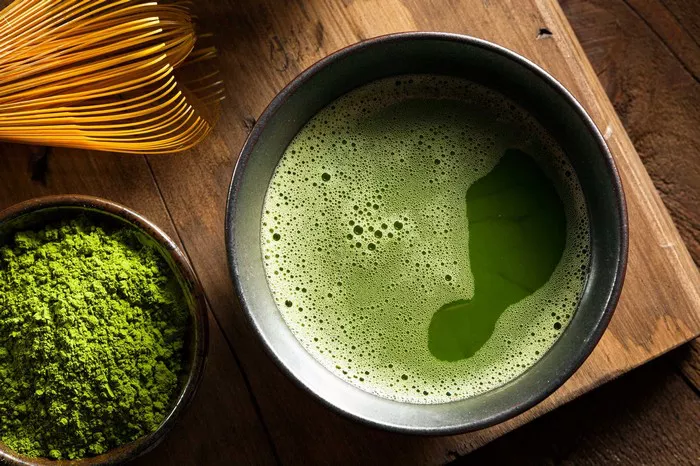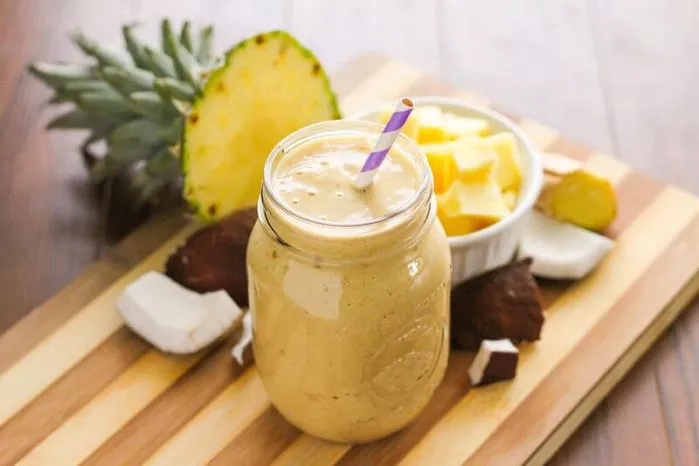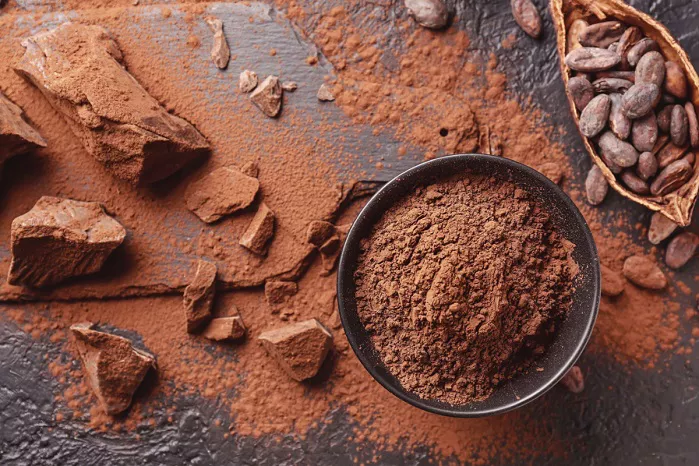Tea, a beverage cherished for its diverse flavors and potential health benefits, has a rich history that spans cultures and centuries. However, along with its popularity, various misconceptions about tea have circulated. In this comprehensive guide, we will debunk 10 common misconceptions surrounding the world of tea, shedding light on the truth and enhancing our understanding of this beloved beverage.
10 Misconceptions About Drinking Tea
1. Misconception: All Tea Is the Same
One prevalent misconception is that all tea is the same, regardless of the type or origin. In reality, tea encompasses a vast spectrum, ranging from white and green to oolong, black, and pu-erh. Each type undergoes unique processing methods, resulting in distinct flavors, aromas, and health benefits. Recognizing the diversity within the world of tea allows enthusiasts to explore and appreciate the nuances that set each type apart.
2. Misconception: Herbal Infusions Are True Teas
Another common misconception is the categorization of herbal infusions, such as chamomile or peppermint, as true teas. True teas originate from the Camellia sinensis plant, while herbal infusions are derived from various herbs, fruits, and flowers. While both offer delightful and aromatic beverages, the absence of Camellia sinensis in herbal infusions distinguishes them from true teas. Understanding this difference ensures accuracy in discussions about tea varieties.
3. Misconception: All Green Tea Tastes Bitter
Some individuals avoid green tea due to the misconception that all green teas taste inherently bitter. In reality, bitterness in green tea is often the result of improper brewing or poor-quality tea leaves. High-quality green tea, brewed at the correct temperature and for the appropriate duration, yields a delicate and refreshing flavor with minimal bitterness. Exploring different varieties of green tea allows enthusiasts to discover the nuanced and nuanced profiles beyond the common misconception of inherent bitterness.
4. Misconception: Tea Has More Caffeine Than Coffee
Contrary to popular belief, tea generally contains less caffeine than coffee. While the exact caffeine content varies among different tea types, on average, a cup of tea contains about half the caffeine found in a cup of coffee. Factors such as brewing time and water temperature also influence caffeine levels. This misconception highlights the importance of understanding the nuances of caffeine content in various tea varieties, allowing individuals to make informed choices based on their preferences and tolerance levels.
5. Misconception: Black Tea Is Fully Fermented
One common misconception surrounds the processing of black tea, with many believing it is fully fermented. In reality, black tea undergoes a process known as oxidation, not fermentation. The leaves are exposed to oxygen, which causes them to darken and develop distinctive flavors. Understanding this oxidation process helps tea enthusiasts appreciate the complexity of black tea and dispels the misconception of full fermentation.
6. Misconception: Tea Stains Teeth More Than Coffee
The belief that tea stains teeth more than coffee is a misconception that can influence beverage choices. In truth, both tea and coffee can contribute to tooth staining due to their chromogens, compounds that discolor teeth. However, factors such as tea type, brewing time, and personal dental hygiene play significant roles. Green tea, for example, is less likely to stain teeth compared to black tea. Emphasizing good dental care practices can help mitigate any potential staining concerns associated with tea consumption.
7. Misconception: Tea Should Always Be Sipped Hot
While hot tea is a classic choice, the misconception that tea should always be consumed hot limits the versatility of this beverage. Many tea varieties, especially high-quality ones, can be enjoyed as iced tea. Cold brewing or brewing tea at a higher concentration to pour over ice can result in a refreshing and flavorful iced tea experience. Breaking free from the misconception that tea should only be sipped hot opens up new avenues for enjoying this beverage, especially in warmer climates or during the summer months.
8. Misconception: All Tea Bags Contain Low-Quality Tea
Associating all tea bags with low-quality tea is a common misconception that overlooks the diverse range of tea bag options available. While some lower-grade teas are indeed packaged in tea bags, high-quality whole-leaf teas are increasingly available in sachets or pyramid-shaped bags. These premium tea bags allow for the convenience of tea bags without compromising on the quality of the tea leaves. Discerning consumers can explore reputable brands offering premium tea bag options to enjoy the convenience of bagged tea without sacrificing flavor and quality.
9. Misconception: Drinking Tea Leads to Dehydration
A persistent misconception suggests that drinking tea can contribute to dehydration due to its caffeine content. However, research indicates that the diuretic effect of caffeine in tea is mild compared to its hydrating properties. The water content in tea, along with the act of drinking itself, contributes to overall hydration. While excessive consumption of highly caffeinated tea may have a diuretic effect, moderate tea consumption can be part of a healthy hydration routine.
10. Misconception: Brewing Tea Multiple Times Diminishes Quality
Some tea drinkers believe that brewing tea leaves multiple times diminishes the quality of subsequent infusions. In reality, many high-quality teas are specifically crafted for multiple infusions, each unveiling different flavor profiles. This practice, common in Chinese and Japanese tea traditions, allows enthusiasts to appreciate the evolving nuances of a tea over multiple brews. Recognizing the potential for multiple infusions encourages tea lovers to explore the full spectrum of flavors inherent in well-crafted teas.
Conclusion:
In conclusion, dispelling common misconceptions about tea is essential for fostering a deeper appreciation and understanding of this timeless beverage. From recognizing the diverse types of tea to challenging beliefs about bitterness, caffeine content, and brewing practices, embracing the truth about tea enhances the enjoyment of this versatile and culturally rich drink. By shedding light on these misconceptions, we empower tea enthusiasts to explore the world of tea with knowledge, curiosity, and an open palate.
























